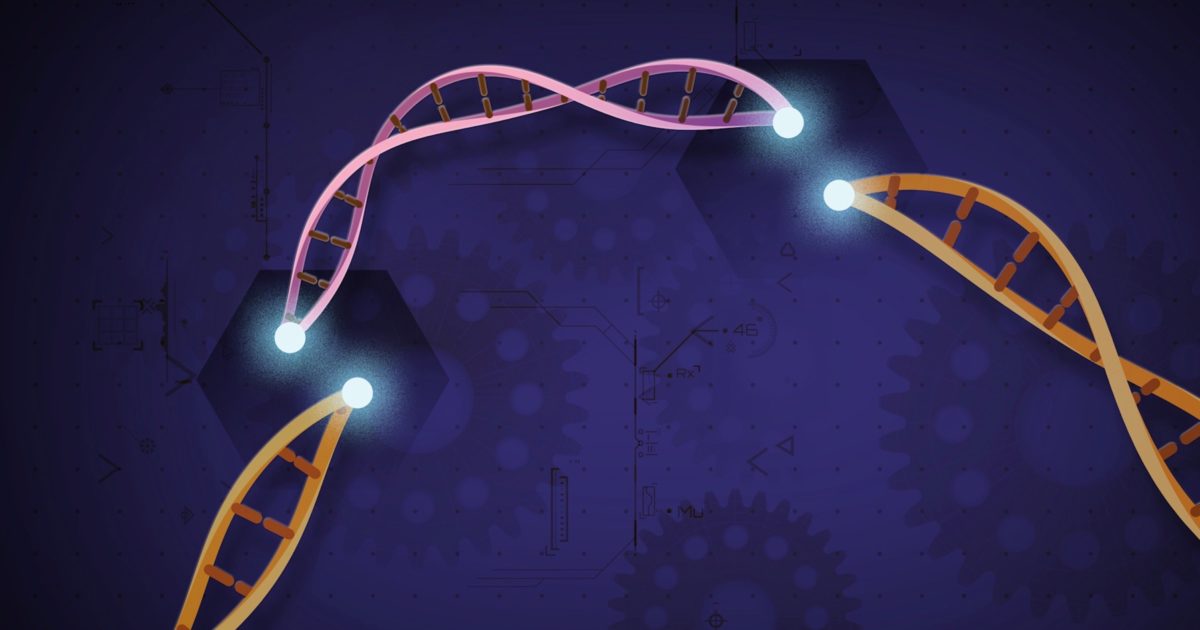
Archives


How to Break ChatGPT
It has a difficulty dealing with self-reference
Rosenhouse’s Whoppers: The Environment as a Source of Information

Rosenhouse’s Whoppers: Appealing to the Unwashed Middle

Rosenhouse’s Whoppers: More Guidance on Reading Jason Rosenhouse

Darwinists’ Delusion: Closing Thoughts on Jason Rosenhouse

Conservation of Information — The Theorems

Conservation of Information — The Idea

Evolution With and Without Multiple Simultaneous Changes

Jason Rosenhouse and Specified Complexity

Jason Rosenhouse and “Mathematical Proof”

Rosenhouse and Discrete Hypercube Evolution

Darwinist Turns Math Cop: Track 1 and Track 2

From Darwinists, a Shift in Tone on Nanomachines

The Silence of the Evolutionary Biologists

Jason Rosenhouse, a Crude Darwinist

The Challenge from Jason Rosenhouse

The Book That Launched a Thousand Barbs

The Success of Mathematics in Advancing Intelligent Design: A Guide to Reading Jason Rosenhouse
